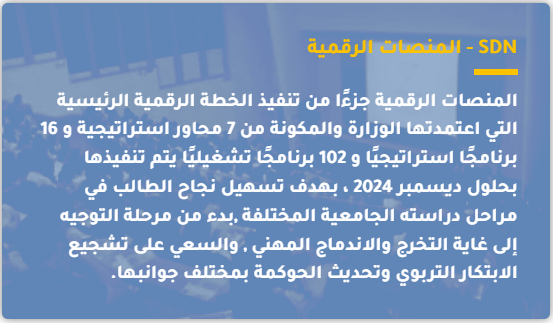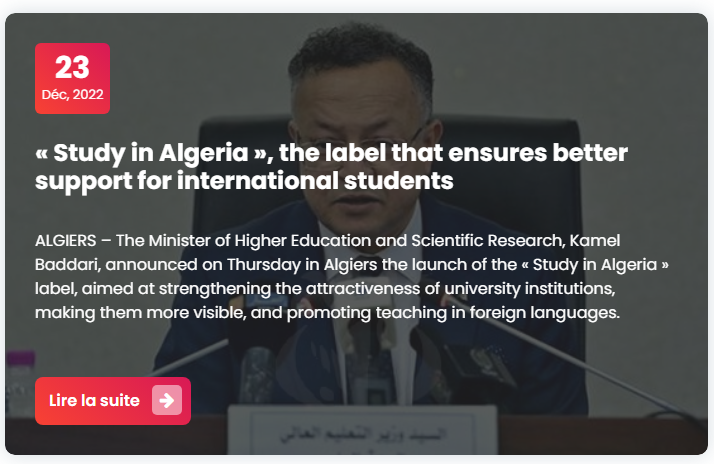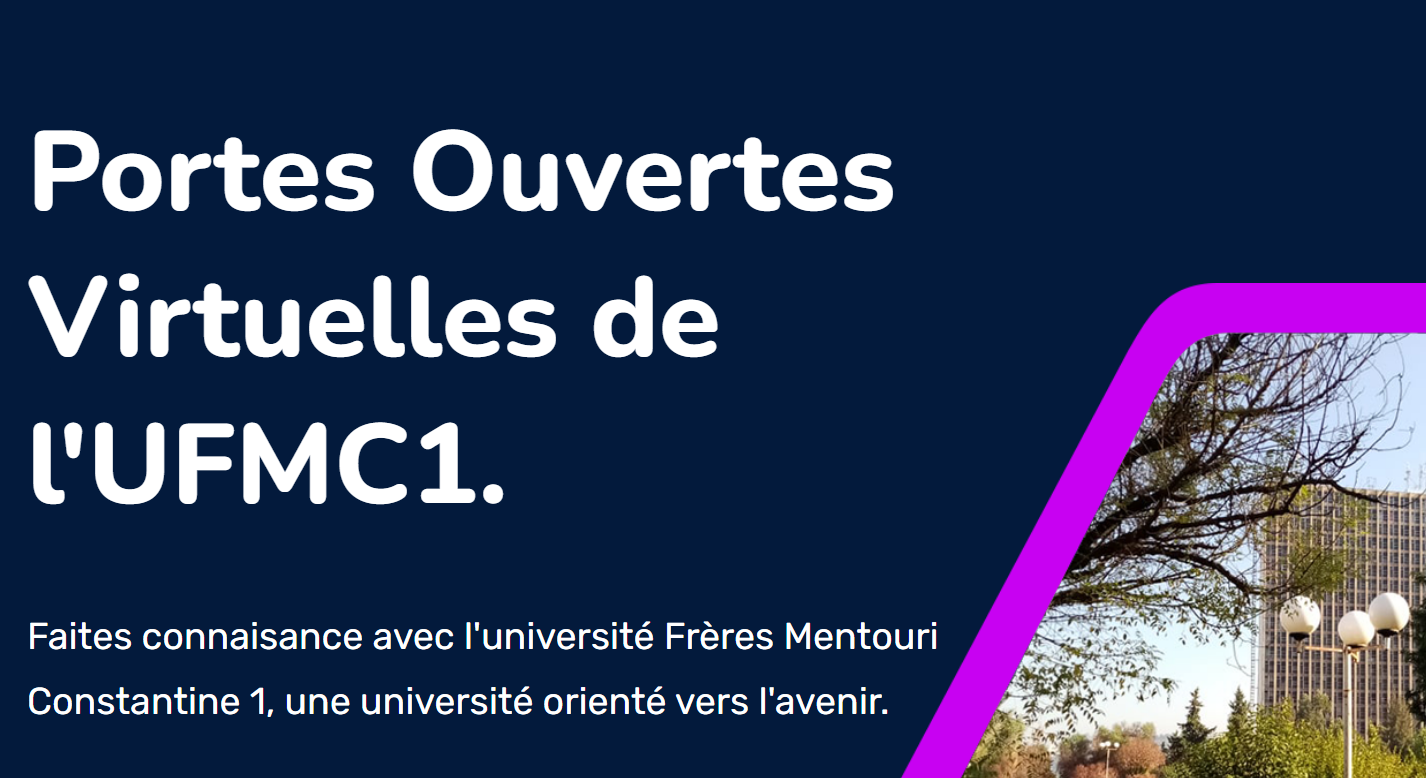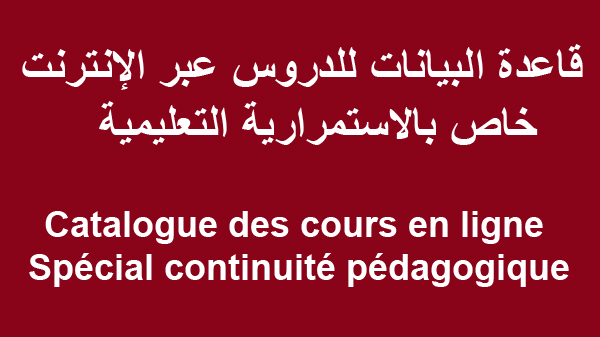CAREERS
PAUL NURSE
Expand across
specialities
Director of the Francis Crick
Institute, London
To build a scientist Thought leaders across the globe answer one question: what is the biggest missing piece in how we educate scientists? Responses ranged from the practical to the philosophical. PhD programmes often lead to an increasing narrowness and specializa- tion, which results in graduate students who are not sufficiently exposed to wider aspects of their subject and of related subjects. Looking outside the immediate interests of a thesis project can lead to real creative advances. One way to expand thinking is to ensure that students have access to a series of inspirational speakers who will cover a wide range of scien- tific topics, with at least some who are more removed from their PhD focus. At the Francis Crick Institute, we will cover a wide range of biomedicine with truly inspirational speakers, but also look at other areas of science, such as high-energy physics, dark matter and aspects of biology, such as evolution and ecology, that are more distant from biomedicine. Another suggestion is for what I call ‘master classes’, after the model of players of musical instruments. In science master classes, a group of graduate students would be exposed to a true expert, an excellent practitioner who would talk about doing science. I don’t mean discussing the details of experiments, but discussing the broader questions: how do you do a satisfactory experiment, how do you do rigorous work, what is the nature of knowledge and so on.
- Télécharger en Arabe (6168 Downloads)
- Télécharger en Anglais (5150 Downloads)
Latest from Redaction Web 1
- اعلان عن تنضيم دورة لإجراء المسـابقـات و الامتحانات والفحوص المهنيـة - دورة 12 -13 ديسمبر 2025
- فتح باب الترشح للالتحاق بالتكوين بالماستر بفئة الطلبة المتخرجين من جامعة قسنطينة 1 الاخوة منتوري دفعة 2025 وفئة %20
- منح دراسية مقدّمة من طرف جامعة حلوان
- برنامج تدّريبي مقدّم من طرف الوكالة الشّيلية للتّعاون الدّولي من أجل التّنمية (AECID)
- عرض منح دراسية في اليابان "2025 ABE Initiative"








